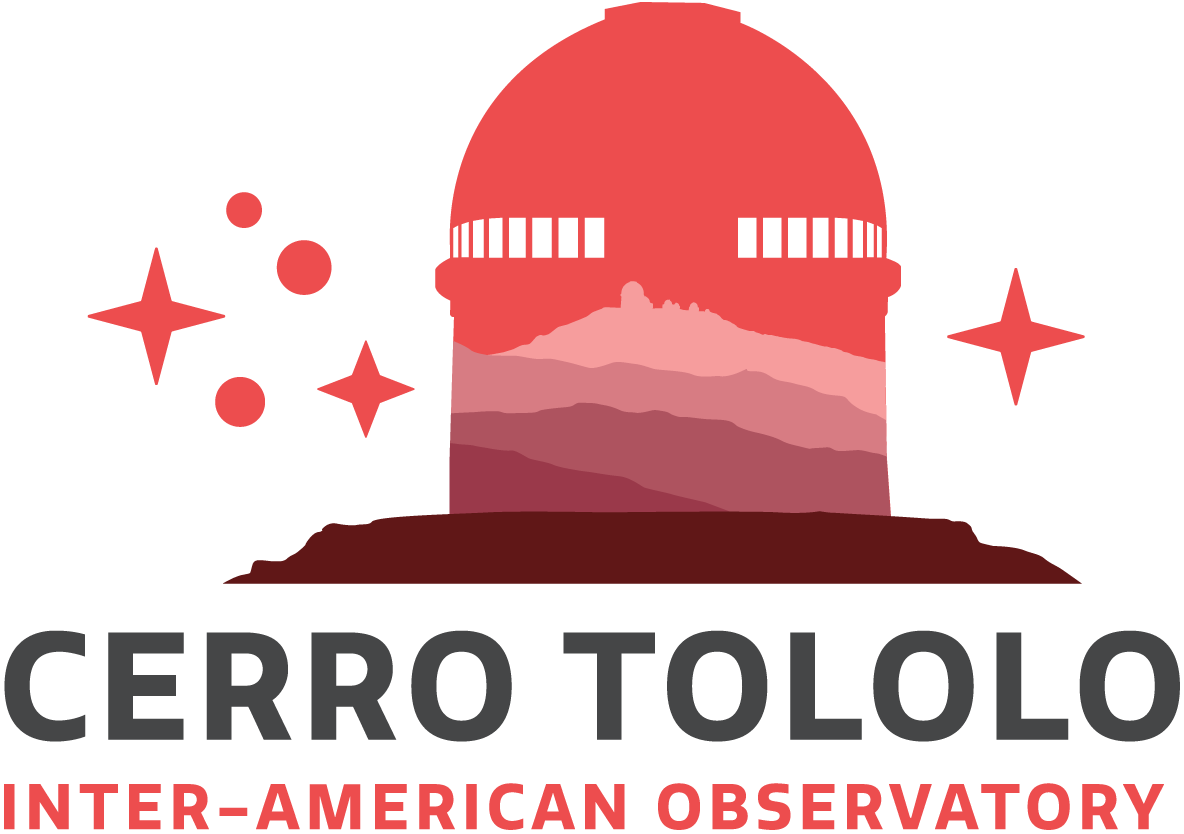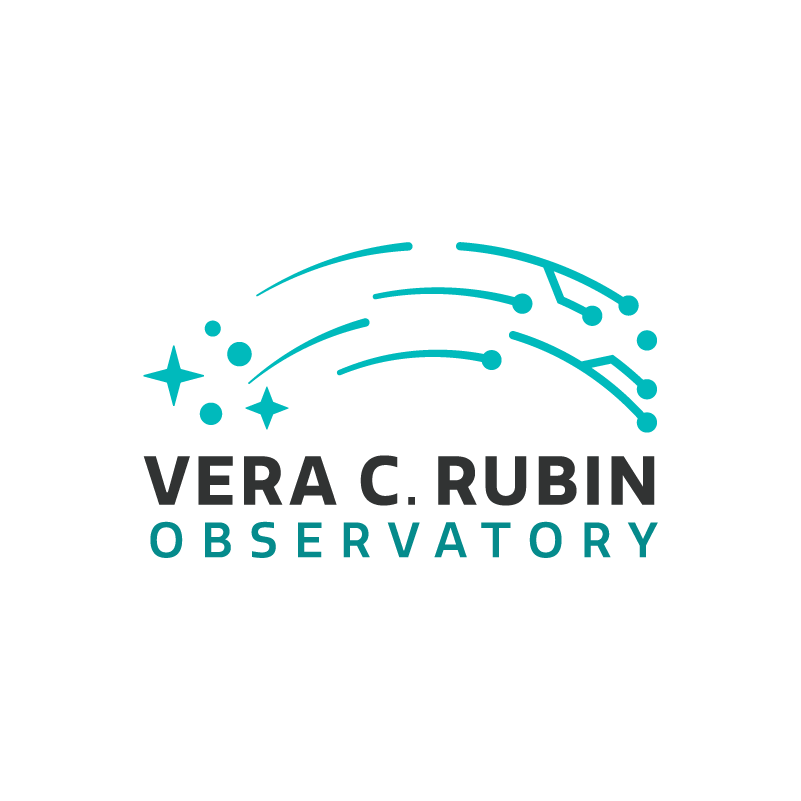Satellite Constellations 2 Workshop Announced
Toward the Implementation of Mitigations to Minimize the Impact of Satellite Constellations on Astronomy
7 May 2021
We are pleased to announce that the Satellite Constellations 2 (SATCON2) workshop will be held virtually 12–16 July 2021 to discuss how to implement the mitigation strategies (determined in SATCON1) to minimize the impact of satellite constellations on astronomy.
SATCON2, the successor workshop to last year's SATCON1, has three objectives:
- Define and quantify resources, metrics, and collaborations needed to implement the SATCON1 recommendations, many of which will require substantial effort and funds to address.
- Engage astronomers and satellite operators collaboratively in exploring policy frameworks and developing policy points for operations in low Earth orbit (LEO).
- Increase the diversity of stakeholders and perspectives working to address both the challenges and the opportunities for astronomers, satellite operators, and all of humanity created by the industrialization of space.
From May through early July 2021, four working groups will explore topics relevant to these goals.
- The Observations Group (chaired by Meredith Rawls, University of Washington & Vera C. Rubin Observatory) will develop a plan for the implementation of Recommendations 8–10 in the SATCON1 report. The plan will define (1) optimal strategies for observations of LEO satellites, (2) the structure and resources required of an observing network of professional and amateur astronomers, and (3) the requirements for publicly accessible satellite positional information.
- The Algorithms Group (co-chaired by Jonathan McDowell, Center for Astrophysics, and Robert Seaman, University of Arizona) will develop a plan for the implementation of Recommendations 1–3 in the SATCON1 report (though the group may examine any of the SATCON1 recommendations at its discretion). The plan will define the resources and timescale for developing the recommended applications.
- The Community Engagement Group co-chaired by Aparna Venkatesan, University of California, San Francisco, and James Lowenthal, Smith College) will engage a wide set of constituents in our shared goals for dark skies and a sustainable presence in space. This reaches beyond professional astronomy and commercial use to amateur astronomy, dark skies advocacy, K-12 education, fair access to space for minoritized communities, cultural practices, and sky traditions of Indigenous peoples. This group will identify key issues impacting these constituencies and lay a foundation for ongoing communication and collaboration to preserve space as a scientific, environmental and cultural resource for humanity.
- The Policy Group (chaired by Richard Green, Steward Observatory, University of Arizona) will review existing national policies and legislative frameworks. With the SATCON1 recommendations as context, the group will assess policy options to serve the diverse requirements of astronomy, the satellite industry, and other communities.
The working groups will present draft proposals for discussion at SATCON2, and the final results will be summarized in a written report after the workshop.
We welcome expressions of interest from individuals wishing to join one of our working groups. Please indicate your interest by filling out this form before 17 May 2021 (Submissions closed, May 30). Depending on interest level, working-group chairs may not be able to accommodate all expressions of interest.
Registration to attend SATCON2 and discuss the working groups’ draft proposals is free and will open in June. We welcome anyone working in the astronomical sciences, the satellite industry, the federal government, and related fields or organizations. In order to encourage frank and open discussion among all stakeholders, we are not inviting members of the news media to the workshop but will hold a virtual press briefing upon its completion on 16 July. Details will appear in a future media advisory.
SATCON2 is funded by the National Science Foundation (NSF) and is hosted by NSF NOIRLab and the American Astronomical Society (AAS). Jeffrey Hall (Lowell Observatory) and Constance Walker (NSF NOIRLab) are the workshop’s co-chairs.
More information
NSF NOIRLab (National Optical-Infrared Astronomy Research Laboratory), the US center for ground-based optical-infrared astronomy, operates the international Gemini Observatory (a facility of NSF, NRC–Canada, ANID–Chile, MCTIC–Brazil, MINCyT–Argentina, and KASI–Republic of Korea), Kitt Peak National Observatory (KPNO), Cerro Tololo Inter-American Observatory (CTIO), the Community Science and Data Center (CSDC), and Vera C. Rubin Observatory (in cooperation with DOE’s SLAC National Accelerator Laboratory). It is managed by the Association of Universities for Research in Astronomy (AURA) under a cooperative agreement with NSF and is headquartered in Tucson, Arizona. The astronomical community is honored to have the opportunity to conduct astronomical research on Iolkam Du’ag (Kitt Peak) in Arizona, on Maunakea in Hawaiʻi, and on Cerro Tololo and Cerro Pachón in Chile. We recognize and acknowledge the very significant cultural role and reverence that these sites have to the Tohono O'odham Nation, to the Native Hawaiian community, and to the local communities in Chile, respectively.
The American Astronomical Society (AAS), established in 1899, is the major organization of professional astronomers in North America. Its membership (approx. 8,000) also includes physicists, mathematicians, geologists, engineers, and others whose research interests lie within the broad spectrum of subjects now comprising the astronomical sciences. The mission of the American Astronomical Society is to enhance and share humanity’s scientific understanding of the universe, which it achieves through publishing, meeting organization, cience advocacy, education and outreach, and training and professional development.
Links
- AAS SATCON2 announcement
- SATCON1 press release
- SATCON1 report on NOIRLab and AAS websites
- SATCON2 application to join a working group
- SATCON2 website (from 1 June): https://noirlab.edu/satcon2
Contacts
Constance Walker
NSF NOIRLab
Cell: +1-520-318-8535
Email: connie.walker@noirlab.edu
Amanda Kocz
Press and Internal Communications Officer
NSF NOIRLab
Cell: +1 520 318 8591
Email: amanda.kocz@noirlab.edu







